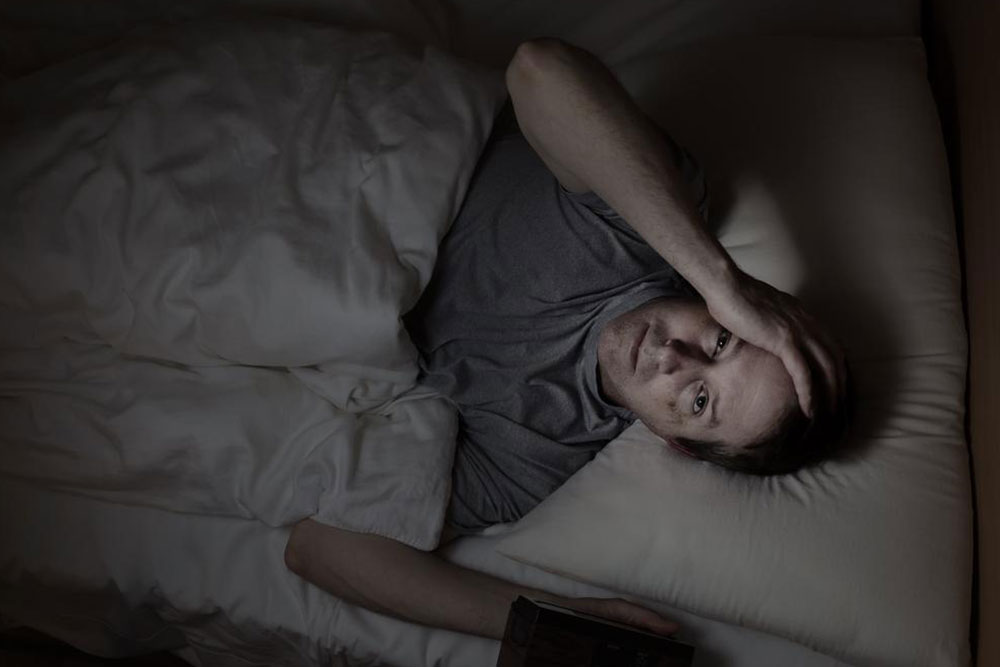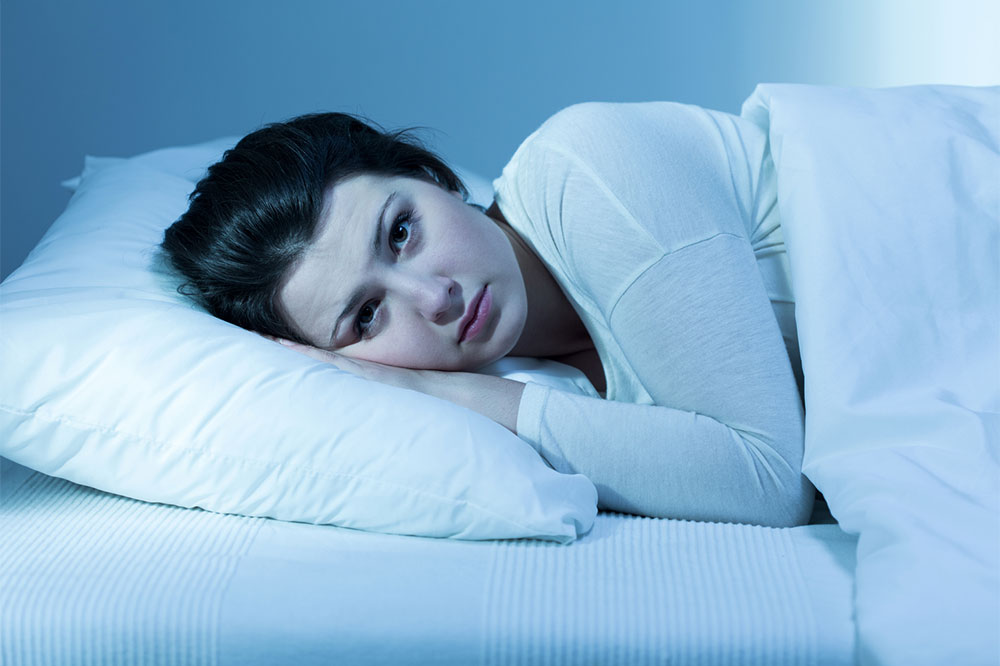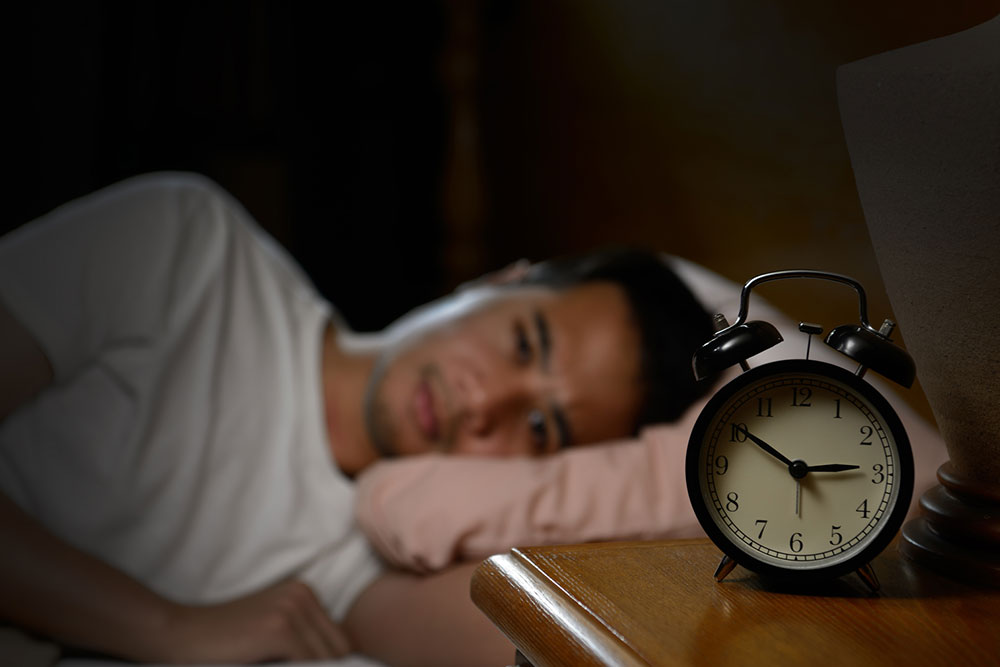Effective Methods to Fall Asleep Faster and Improve Sleep Quality
Discover comprehensive and scientifically-backed strategies to fall asleep faster each night. This guide covers relaxation techniques, aroma therapy, lighting adjustments, and visualization exercises that promote quicker sleep onset and improved sleep quality. Implementing these habits can lead to more restorative rest, boosting your overall health and daily performance.

Effective Methods to Fall Asleep Faster and Improve Sleep Quality
Ensuring a good night's sleep is fundamental to maintaining optimal health and well-being. Sleep not only rejuvenates the body but also sharpens the mind, strengthens the immune system, and boosts overall mood. However, in today's fast-paced world, many individuals struggle to fall asleep quickly or experience fragmented sleep patterns. Common causes include lifestyle choices, stress, anxiety, and racing thoughts that prevent relaxation at bedtime. Achieving restful sleep requires deliberate strategies to calm the mind and create an ideal sleeping environment.
Fortunately, there are numerous evidence-based techniques that can significantly help you fall asleep faster and enjoy more restorative sleep each night. Incorporating these habits into your nightly routine can have a profound impact on sleep quality, helping you wake up feeling refreshed and energized. Below, we explore these methods in detail:
Relax Your Mind - One of the primary barriers to falling asleep is an overactive mind. Juggling thoughts about work, personal issues, or upcoming obligations can make it difficult to unwind. To counteract this, try gently closing your eyes and consciously releasing tension. Practice deep breathing exercises or mindfulness meditation to quiet mental chatter. Focusing on your breath or a calming mental image can help slow racing thoughts, making it easier to drift into sleep.
Use Calming Music - Listening to soothing music is a time-honored method to prepare both the mind and body for sleep. Select slow-tempo, soft melodies such as classical compositions, acoustic tunes, or nature sounds. These sounds induce relaxation by reducing stress hormones and calming the nervous system. Avoid stimulating genres such as energetic rock, pop, or electronic dance music close to bedtime, as they can increase alertness and delay sleep onset.
Optimize Your Bedroom Lighting - Light exposure has a powerful influence on your circadian rhythm, the internal clock that governs sleep-wake cycles. Well before bedtime, dim the lights and opt for warm-colored lighting like amber or yellow. This simulates the sunset and signals your brain that it’s time to wind down. Limiting screen time and exposure to blue light from electronic devices is equally important, as blue light can inhibit melatonin production, the hormone responsible for sleep regulation.
Incorporate Lavender Scent - Aromatherapy with lavender essential oil is widely recognized for its relaxing properties. Spraying lavender mist in your bedroom, using lavender-scented candles, or applying a few drops to your pillow can promote feelings of calm and tranquility. Several studies have confirmed that lavender aroma helps reduce anxiety and improve sleep quality, especially in individuals with insomnia or heightened stress.
Practice Progressive Muscle Relaxation - This technique involves systematically tense and then relax different muscle groups in your body. Starting from your toes and working upward to your facial muscles, tense each group for a few seconds before releasing. This process releases physical tension, relaxes your nervous system, and signals your brain that it’s time for sleep. Regular practice can condition your body to associate these movements with sleep readiness.
Engage in Imaginative Visualization - Gentle visualization exercises can divert your mind from stressful thoughts. Picture yourself in a serene, pleasant environment, such as a beach, mountain retreat, or lush garden. Creating detailed mental imagery immerses your brain in a calming activity, distracting it from worries and accelerating the transition to sleep. Engaging your senses in this visualization increases its effectiveness.
Implementing these techniques consistently can drastically improve your ability to fall asleep quickly and enjoy uninterrupted, restful nights. Over time, these habits will help establish a robust sleep routine, enhancing overall health and daily alertness. Remember, patience and persistence are key—developing new sleep habits takes time but is well worth the effort for better quality sleep and a healthier life.





